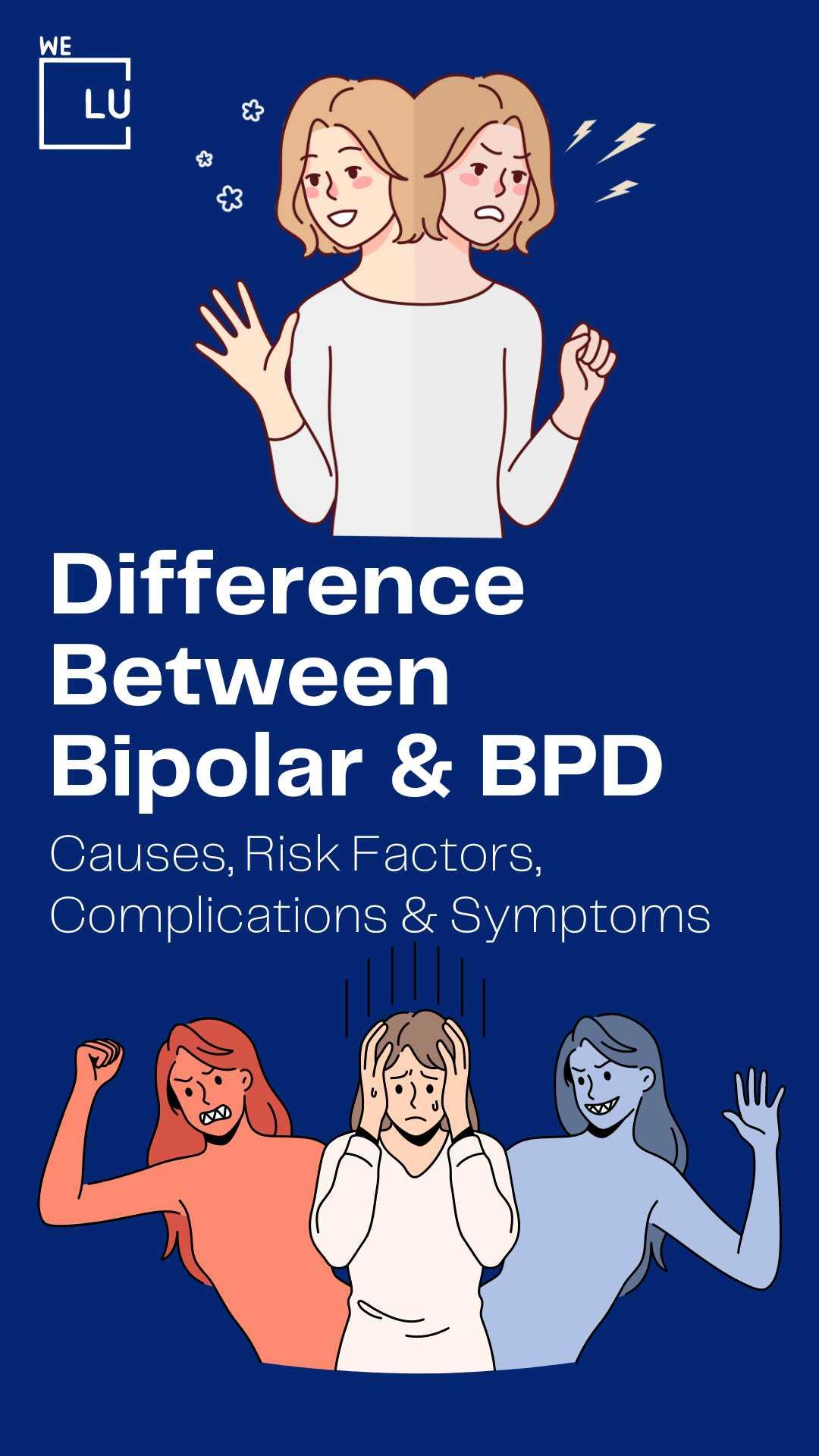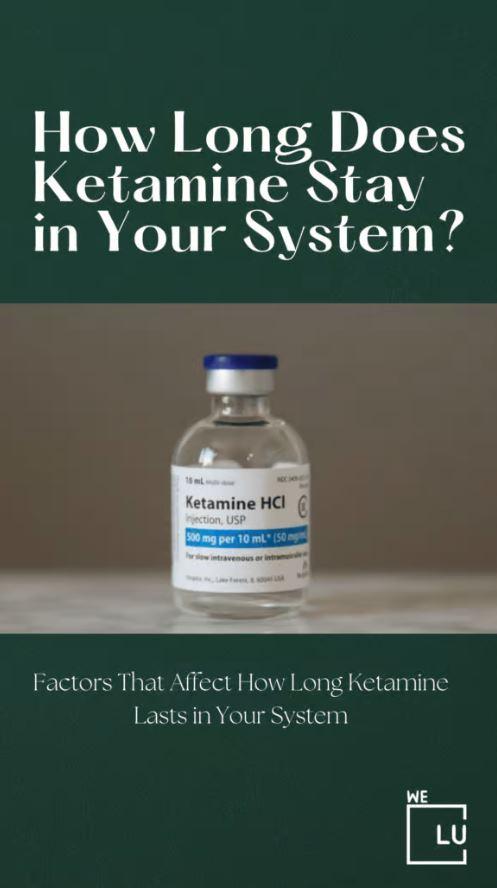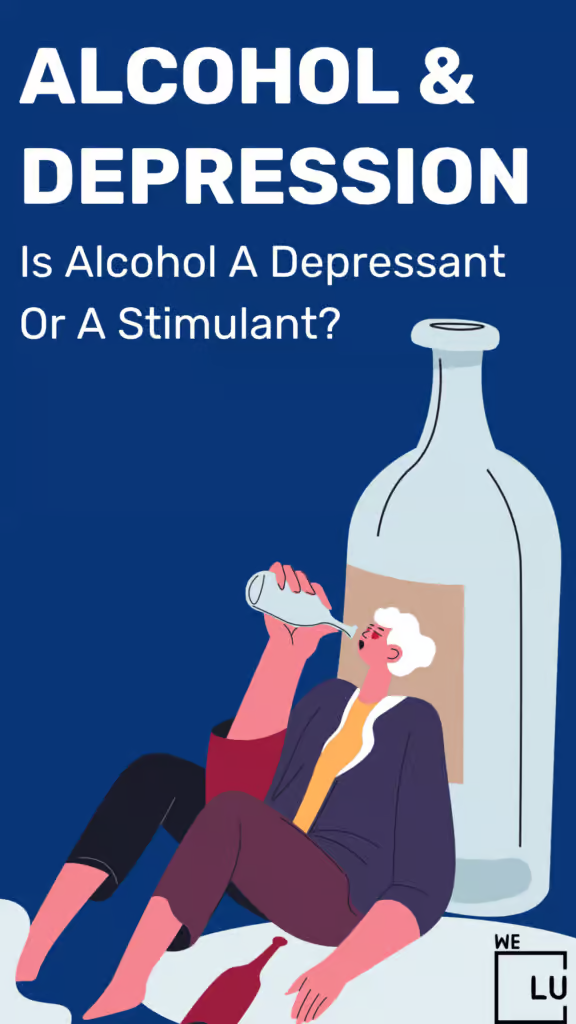What Is An Addictive Personality
An addictive personality is the idea that certain personality traits could make someone more likely to fall into the addiction trap. Researchers say there might be some common traits among people dealing with addiction, but there is no agreement upon this definition that everyone’s on board with [1]. So, that makes researching this addictive personality disorder a tricky concept [2].
This is a fairly contentious topic, with many experts suggesting the term be retired due to a lack of cumulative evidence supporting the existence of addictive personality. Addictive traits are related to substance abuse but can be extended to gambling, the internet, sex, shopping, food, and other compulsive behaviors [3].
Let’s take a closer view.
Do You Have Addictive Personality Traits?
Some people appear to overindulge more than others or seem incapable of saying “no” or “enough already.” You may have heard the term “addictive personality” to describe people who believe that too much of a good thing is never enough. But is this an actual diagnosis, and do some personality traits increase a person’s addiction risk?
Typical traits include:
- A penchant for adventure or seeking thrills
- Diagnosis of attention deficit disorder
- Comfort with keeping secrets or lying
- Craving immediate gratification
- Trouble accepting responsibility
- Struggles with self-regulation
- Comfort with engaging in risk-taking behaviors
- Experience of early childhood trauma
- Exposure to drugs and alcohol
- Family history marked by addiction
- Impulsivity
- Presence of mental health conditions such as anxiety and depression
- Neuroticism, characterized by high sensitivity or nervousness
- Display of obsessive and compulsive behaviors
Types of Addiction
Typically, Addiction fall into 2 categories [4]:
- Misusing: This refers to the inappropriate or incorrect use of a substance or engaging in a behavior. It implies using something in a way that it was not intended or for non-medical reasons. For example, misusing prescription medications or using substances in excessive amounts beyond what is considered safe.
- Overusing: This involves exceeding appropriate or recommended limits. It implies going beyond moderation or using a substance or engaging in a behavior excessively. For instance, consuming alcohol or other substances in quantities that surpass healthy or recommended levels would be considered overuse.

Skip to:
Learn More:
Traits of People with High Risk of Developing Addiction

Get The HELP You Are Looking For
On the other hand, identifiable traits exist in individuals at a heightened risk of developing an addiction to psychoactive substances rather than maintaining moderate behavior around them [5]. Those with an elevated addiction risk may encompass individuals who:
- Have family connections to others with addiction.
- Are struggling with additional mental health disorders.
- Exhibit adventurous and risk-taking tendencies and a fearless personality.
- Display detachment and caution.
- Engage in obsessive and compulsive behaviors.
- Demonstrate apathy.
- Struggle with self-regulation.
Get Help. Get Better. Get Your Life Back.
Searching for Accredited Drug and Alcohol Rehab Centers Near You? We Level Up Texas Is Opening Soon!
Even if you have failed previously and relapsed, or are in the middle of a difficult crisis, we stand ready to support you. Our trusted behavioral health specialists will not give up on you. When you feel ready or just want someone to speak to about therapy alternatives to change your life call us. Even if we cannot assist you, we will lead you to wherever you can get support. There is no obligation. Call our network hotline today.
FREE Addiction Hotline – Call 24/7What Does It Mean To Have an Addictive Personality
Define addictive personality refers to possessing certain traits or characteristics that may make an individual more susceptible to developing addictive behaviors or dependencies. Even is hard that medical consensus get an addictive personality meaning, these traits often include a tendency to seek thrill or excitement, difficulty to say ‘NO’, impulsivity, and a higher sensitivity to rewards.
Along with another co-occurring disorders, people who struggle with several mental health conditions usually gets addicted easily than others, understanding “addicted” as becoming depended or abusing of substances, activities, or behaviors. These conditions include but are not limited to:
- Depression, bipolar disorder, or other mood disorders. [6]
- Anxiety or panic disorder.
- Post-traumatic stress disorder.
- Schizophrenia and other psychotic disorders.
- Antisocial personality disorder.

Get Your Life Back
Find Hope & Recovery. Get Safe Comfortable Detox, Addiction Rehab & Dual Diagnosis High-Quality Care.
FREE Addiction Hotline – Call 24/7Signs Of Addictive Personalities
Being able to stop and control one’s actions indicates healthy boundaries and a lower level of attachment. If you or someone you know hides their harmful behavior, that could signal a problem needing intervention. There are some early signs:
Lying: Addiction and lying can go hand-in-hand and are often multilayered. First, the person with an addiction may lie to themselves about having an addiction. As a result, they might also have to lie to everyone else around them.
Impulsive Behavior: Impulsive behavior involves acting without considering the consequences of one’s actions [7]. While occasional lapses in judgment are common, consistent engagement in such behavior may suggest a general tendency toward impulsivity, potentially signaling an addictive personality.
Lack of Responsibility: Not taking accountability or responsibility for choices and results may also be a common trait of someone with an addictive personality. This might hold true if addiction develops, whereby the person might blame others for having problems instead of looking at their own actions.
Obsession: An individual with an addictive personality usually exhibit obsessive tendencies. Similar to someone with an alcohol use disorder fixating on their next drink or a gambling addict obsessing over the next casino visit for slot machines, a person with an addictive personality may find themselves prone to obsessive thoughts about specific things.
What Causes an Addictive Personality
In general, personalities are very complex. While there’s not necessarily one personality type that’s more prone to addiction than others, there can be several factors that may combine to make someone more likely to become addicted. However, these factors do not guarantee that someone will develop an addiction.
- Genetic Influence Research indicates a probable genetic connection to addiction. In fact, studies suggest that genetics could account for approximately half of the predisposition for someone to develop an addiction [9].
- Environmental Influences Various factors, including your social circle, education, support network, and the environment of your upbringing, can significantly influence whether traits associated with an addictive personality ultimately lead to addiction [9].
Opening Soon! First-Class Facilities & Amenities
World-Class High-Quality Addiction & Mental Health Rehabilitation Treatment
Coming Soon! Rehab Centers TourRenowned Addiction Centers. Serene Private Facilities. Inpatient Rehab Programs Vary.
FREE Addiction Hotline – Call 24/7Proven recovery success experience, backed by a Team with History of:
- 15+ Years Experience
- 100s of 5-Star Reviews
- 10K+ Recovery Successes
- Low Patient to Therapist Ratio
- Onsite Medical Detox Center
- Comprehensive Dual-Diagnosis Treatment
- Complimentary Family & Alumni Programs
- Coaching, Recovery & Personal Development Events
How to Help Someone Struggling with Addiction
Our team at We Level Up TX inpatient rehab treatment center is passionate to provide a solid foundation for addiction recovery. We help every client get a strong start at a sober life through our alcohol detox and drug detox programs, followed by inpatient rehab treatment. To emphasize, at every level of care, we incorporate medical and alternative therapies for a holistic experience. In addition, we support the transition from active addiction to recovery from the very start of the process.
Seek Medical Help: Suggest seeking professional assistance, such as a therapist, counselor, or addiction specialist. Professional guidance is crucial in addressing the complexities of addiction. Look for group therapy, DBT or CBT, helps too. Research and discuss different treatment options, such as therapy, support groups, or inpatient rehab programs. Help them understand the benefits of seeking help.
Set Boundaries: It’s essential to set and maintain clear boundaries. This may involve refusing to enable destructive behavior while still expressing love and support. Let the person know that you are there for them emotionally. Encourage open communication about their struggles; honestly, it is the best option to treat any problem.
Intervention: Educate yourself to understand the other part, some addictions became a habit-formin activities due to other reasons, is important to ask to them about the reasons which usually could be emotional physical, and financial issues.
Improve Lifestyle Changes: Help the person identify and make positive lifestyle changes, such as adopting healthier habits, finding new hobbies, and building a supportive social network.
Understand relapse: Recognize that relapse is a common part of the recovery process. If it occurs, encourage the person to learn from it and continue to work toward recovery, avoid judgmental language, replace it with encouraging words or inspirational phrases.
Family Group Support: Family members may be more likely to notice when their loved ones are experiencing changes in mood or behavior. Being able to offer support, family members can connect those in need with treatment, resources, and services to begin and stay on their recovery journey.
Overcoming from Addiction. Find the Support You Need.
Overcoming addiction is often a challenging process to go through alone. Many people experience relapses during withdrawal in an attempt to alleviate symptoms and satisfy cravings. However, you can manage withdrawal symptoms and successfully recover with detox and rehab therapy and a robust support system at the We Level Up treatment centers. If you require assistance with your rehab journey, contact a We Level Up treatment professional now. Your call is free and confidential.
Get a free rehab insurance check without any obligation.
Opening Soon! World-class, Accredited, Anticipated 5-Star Reviewed, Effective Addiction & Mental Health Programs. Complete Behavioral Health Inpatient Rehab, Detox plus Co-occuring Disorders Therapy.
FREE Addiction Hotline – Call 24/7End the Addiction Pain. End the Emotional Rollercoaster. Get Your Life Back. Start Drug, Alcohol & Dual Diagnosis Mental Health Treatment Now. Get Free No-obligation Guidance by Substance Abuse Specialists Who Understand Addiction & Mental Health Recovery & Know How to Help.
Surefire Tips How to Help an Alcoholic
Start a New Life
Begin with a free call to an addiction & behavioral health treatment advisor. Learn more about our dual-diagnosis programs. The We Level Up treatment center network delivers recovery programs that vary by each treatment facility. Call to learn more.
- Personalized Care
- Caring Accountable Staff
- World-class Amenities
- Licensed & Accredited
- Renowned w/ 100s 5-Star Reviews
We’ll Call You
Search We Level Up Addictive Personality Disorder, Mental Health Topics & Resources
Sources
- Müller, K. W.; Koch, A.; Dickenhorst, U.; Beutel, M. E.; Duven, E.; Wölfling, K. (2013-06-25). “Addressing the Question of Disorder-Specific Risk Factors of Internet Addiction: A Comparison of Personality Traits in Patients with Addictive Behaviors and Comorbid Internet Addiction”
- American Addiction Center – Addiction And Addictive Personality
- Mayo Clinic. – Do you have addictive personality traits?
- Amodeo, Maryann (2015-07-29). “The Addictive Personality”
- Amodeo, Maryann (2015-07-29). Substance Use & Misuse.
- American Addiction Centers – What Are the Traits of an Addictive Personality?
- Alcoholic Anonymous – AA.org
- Bryce Nelson (January 18, 1983). “The Addictive Personality: Common Traits are Found”
- New England Journal of Medicine – “Neurobiologic Advances from the Brain Disease Model of Addiction”
- Franken, Ingmar H.A. (2002). “Behavioral approach system (BAS) sensitivity predicts alcohol craving” Personality and Individual Differences





